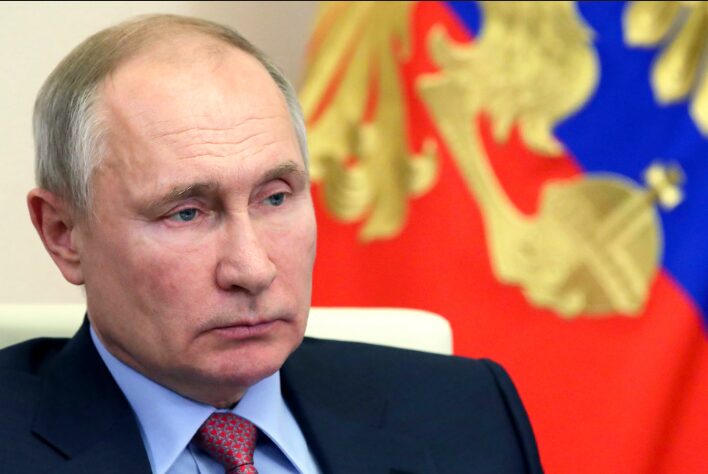It’s a big day for Chad! The African nation gained independence six decades ago, but only on the paper. This week, its colonial ruler France is officially withdrawing its military from there. It’s a historic turning point for this Central African nation. The government says it will now prioritise its national interests. The French government meanwhile is maintaining a silence. Just two weeks ago, Chad declared it was ending a decades-long military cooperation with Paris.
But Chad is not the only one eager to say goodbye to the French. Senegal too seems to have had enough of French troops on its soil. The president of Senegal this week requested the French troops to visit their homeland and never come back. He said their presence was “not compatible” with his country’s sovereignty.
Senegal has a new president: Bassirou Faye, he won elections in March. In his latest speech, he declared, “Senegal is an independent country; it is a sovereign country, and sovereignty does not accept the presence of military bases in a sovereign country.”
For many years, France kept strong influence in Africa by forming close ties with local leaders.
This system, known as “Francafrique,” allowed France to stay in a powerful position in Africa’s economic, security, and development matters. However, this equation has been under serious strain over the past three to four years. This tension, which had been building for over a decade, worsened because France failed to bring real security improvements on the ground. The ongoing instability in the region became “the final straw.”
Back in 2013, France’s then-President François Hollande was welcomed as a hero in Mali after launching Operation Serval. This military mission was aimed at pushing back militant groups causing chaos in the area. It was carried out after Mali’s government asked for help, and the UN approved the intervention. At the time, Hollande hailed it as a model for future cooperation between France and African nations.
In 2014, France supported the creation of the G5 Sahel, a regional initiative focused on security and development. However, by the current ongoing year, France’s reputation in the region had taken a sharp downturn. Any French politician visiting Africa today would no longer receive such a warm reception. Instead, many now see France as failing to achieve meaningful results.
One major example is Burkina Faso, a member of the G5 Sahel. Despite its participation in the group, the country lost 40% of its territory to jihadist forces. Now, questions are being raised how these African nations could continue to view France as a reliable security partner when such failures persist.
So, all of these African politicians are kicking the French out to save their careers and reputation. And that’s where the big opportunity lies for Russia.
In June this year, Russia announced it would deepen its military cooperation with Chad. Several agreements were signed. Russia and Chad are also working at enhancing economic ties and Moscow will form a special group to discuss promising projects.
In Senegal too, Russia is expanding its military tentacles. In October, Russia opened a major military factory there to produce heavy-duty military land vehicles. It will create jobs as well, being economic prosperity and further erode France’s influence.
If Senegal becomes a defence manufacturing hub, it can potentially lead to an increase in Senegal’s exports and trade, particularly with other African markets that require such transportation solutions. Additionally, the local production of MRAP vehicles will enhance the country’s independence in the defense and security sectors, lessening reliance on imports for these essential items.
The trend is quite visible now. Africa is ditching the West, France and is embracing Russia. The rise of nations such as India and China and BRICS has further given the confidence to African nations that they can grow without any help from the West and they can truly pursue a sovereign foreign policy because they now do have options.
